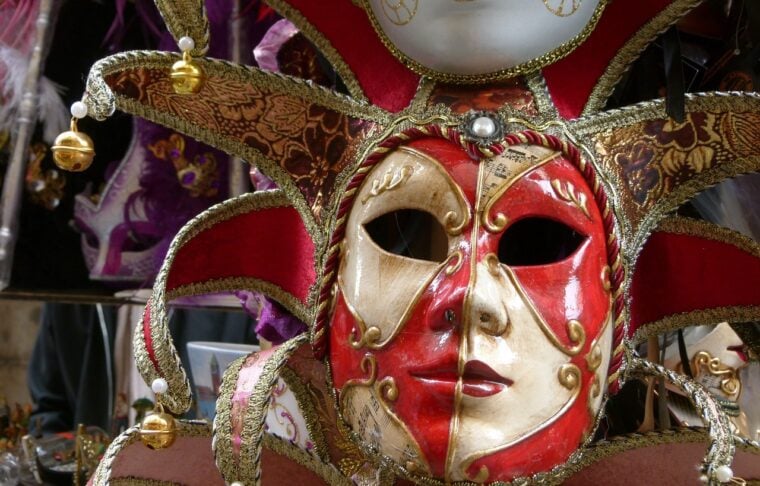Purim is not a Jewish carnival

Chief Rabbi Isaac Sacca – Web GRIS March 2024
Carnival is related to costumes, music, dancing and a certain degree of debauchery. In the collective unconscious, Purim is often associated with carnival. This association probably arises from the popular custom of dressing up and other joking attitudes on Purim. However, these practices are not appropriate for this holy day nor do they correspond to its spirit.
Getting drunk on Purim – as on any other day of the year – is completely prohibited. If, in addition to getting drunk, the person loses control and acts in a chaotic manner, causing destruction, mocking others, disrespecting others, or neglecting their obligations, then the sin is much more serious.
The rule related to drinking on Purim is to drink a little more than usual, to toast and celebrate, according to each individual and if it is not harmful. However, it is prohibited by law to get drunk since it is considered a despicable and unworthy attitude that harms the health of the soul and body, whether on Purim or any other day.
It is also not correct to pray in disguise. This attitude can be considered a contempt for prayer, which should be conducted with decorum and concentration instead of being a space for debauchery and shouting. The appropriate thing is to maintain a behavior of respect and holiness, honoring the holiday of Purim with joy and reverence for the Creator.
If someone wants to dress up, he can do it. Children especially enjoy dressing up and it is a worthy way to generate good experiences and memories of Purim. However, dressing up on Purim is a simple popular tradition, without any religious law behind it. It is possible that originally the costumes arose to best fulfill the precept of giving money to the needy: since everyone was dressed up, no one knew whom they were giving to or whom they were receiving from. It may also be that the practice arose merely due to its proximity to the date of the carnival prior to Christian Lent. In any case, the tradition of dressing up on Purim is not ancient: its first mention is in 15th century Italy.
Purim is a day of real joy, and not fictitious or artificial. It arises from the recognition that every distressing situation can be turned around and transformed into something positive. It is a work of awareness, and not a product of excesses, lack of control and self-indulgence.
Therefore, it is important to guard against incorrect associations: Purim is not a Jewish carnival but a time to recognize God in our lives and thus reach real joy.

